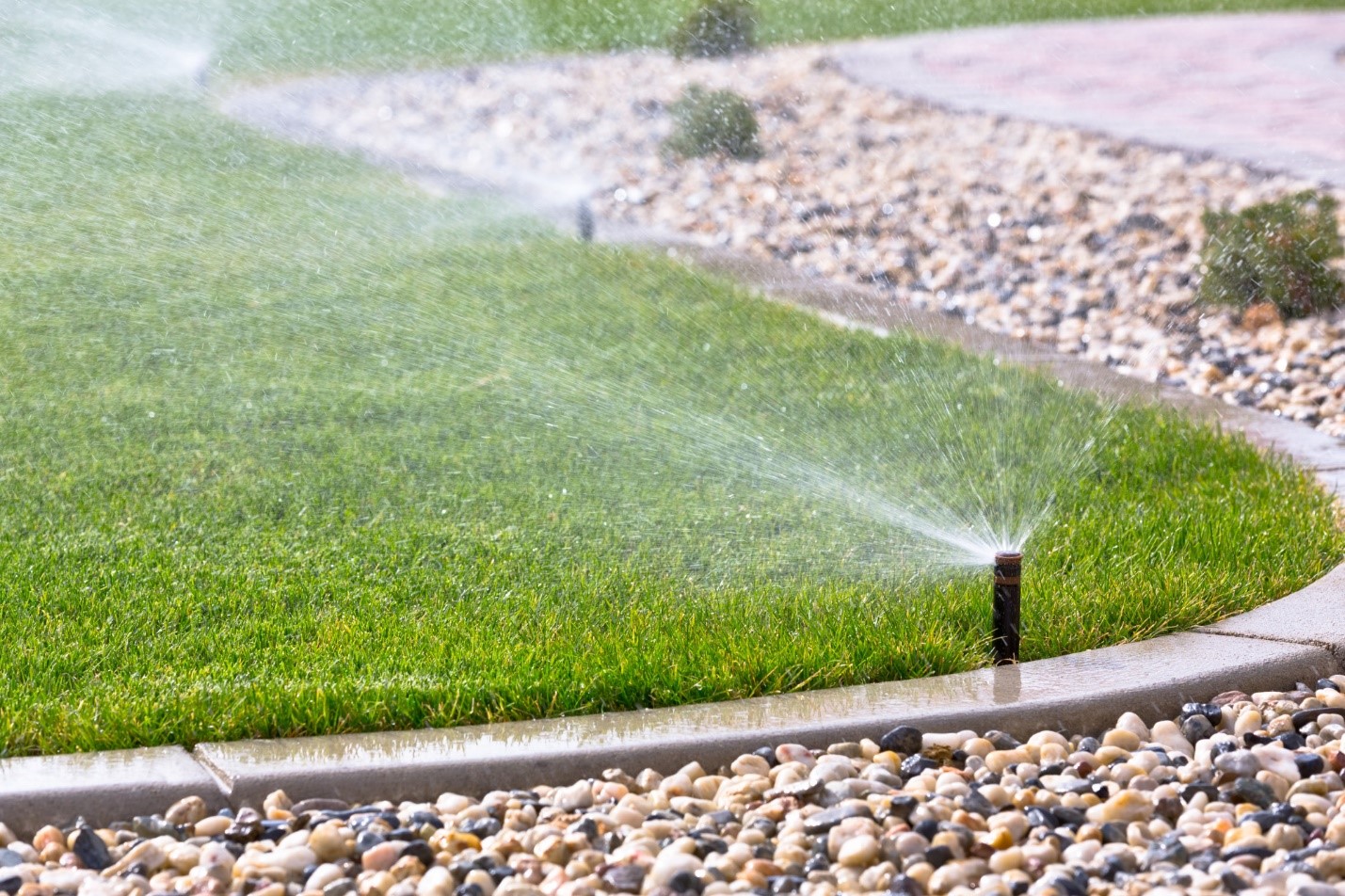Latest News
Installing a Sprinkler System: How to Easily Automate Your Garden

Did you know installing a sprinkler system can save you up to 25,000 gallons of water every year if you install and maintain it correctly?
That’s because the average household loses around 50% of the water used outside to evaporation, runoff, and wind. An efficient sprinkler system prevents this by using water sparingly according to a pre-set timer.
If you want to ensure your garden stays lush all year round, a sprinkler system is an ideal solution for you. Here’s how to make the best of these irrigation innovations.
Types of Sprinklers
A sprinkler system works by applying water to your yard in a regulated way to ensure even surface distribution. They work via a network of valves, spray heads, pipes, and pumps.
There are five main types of sprinkler systems available, namely:
In-Ground Systems
You insert inground systems under the surface of your yard. You can control when, where, and how much to water your yard. Likewise, you can change the sprinkler heads as needed.
Stationary Sprinklers
These sprinkler systems only cover their surrounding area. You need to move the sprinkler head manually if you want to water a different spot.
As such, they’re best suited to small yards.
Traveling Sprinklers
These sprinklers have water-powered wheels with a hose directed at areas that need watering. They follow a pre-determined track and require no outside intervention to irrigate large lawns.
Impact Sprinklers
You can adjust impact sprinkler spray heads according to the area you want to irrigate. They operate in large circular areas or smaller pie-shaped sections.
Impact sprinklers work best for tees, lawns, and shrubs. They can damage flowers due to their powerful water stream.
Misting Sprinklers
Misting sprinklers produce a fine spray and require very little water pressure to work effectively. They’re a type of smart sprinkler home technology in that you can set them to emit water either hourly or less frequently.
They’re best for flower beds and areas with compacted soil.
Tips for Installing a Sprinkler System
It’s best to implement an irrigation system before or after the growing season to avoid disrupting your plants.
It isn’t difficult to install a sprinkler system yourself, but you’ll get the best results if you get expert help during the process.
Without an experienced hand to guide your efforts, you may experience common sprinkler problems, like:
- Timing or wiring issues
- Reduced water pressure
- Insufficient water coverage
- Leaks
You should never install any underground piping in frozen ground. This can lead to burst pipes and leaks.
Some communities require a permit before you can install an irrigation system, as well as an inspection before you can use it.
Lawn care companies, like Trugreen, Holmes Lawn Care, or the Grounds Guys, can advise you about the details of installing a sprinkler system in your area.
Keep Your Garden Green and Growing
Installing a sprinkler system lets you embrace the benefits of garden automation by saving you time and money on your water bills. It’s the most eco-friendly way to keep your lawn thriving year-round.
Would you like to discover more ways to maximize your home and garden? Browse our website for the best DIY tips and information.
Kenneth is a proud native of sydney, born and raised there. However, he pursued his education abroad and studied in Australia. Kenneth has worked as a journalist for almost a decade, making valuable contributions to prominent publications such as Yahoo News and The Verge. Currently, he serves as a journalist for The Hear Up, where he focuses on covering climate and science news. You can reach Kenneth at [email protected].










